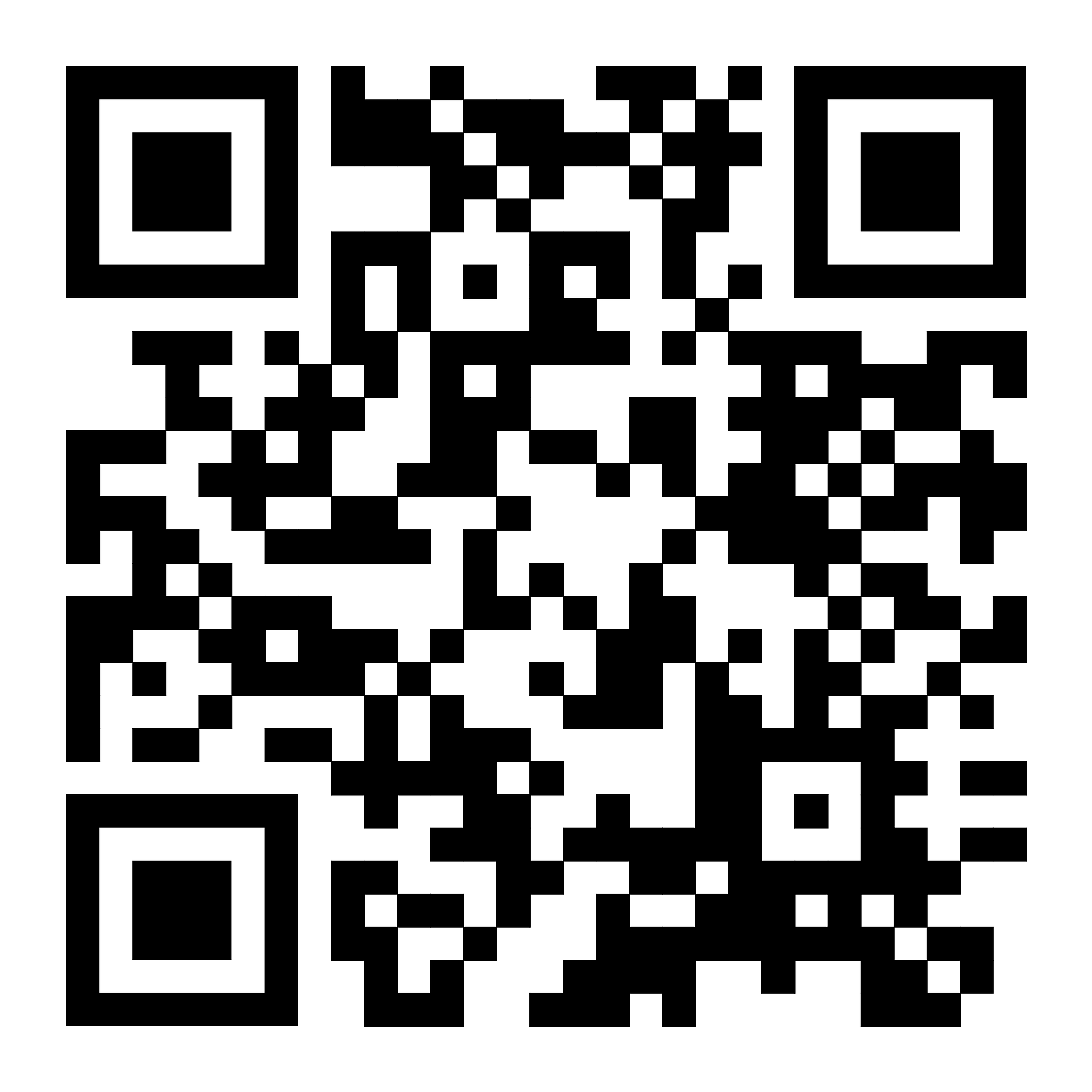PROTOCOL
Distinguished Panelists, Global Experts, Policy Champions, Sickle Cell Warriors and Allies Across the Continents,
Welcome to this seminal moment of convergence — a transcontinental symposium where science meets story, where equity meets innovation, and where silence is disrupted by the collective resonance of commitment, urgency, and truth.
We gather today not merely for a dialogue, but to catalyse transformation. We are not here to echo what has been said in medical journals or to rehearse global declarations that have long lost their teeth. We are here to stir, to re-imagine, re-image, and most crucially — to act.
“The world suffers a lot. Not because of the violence of bad people, but because of the silence of good people.”
Let this be the day we refuse to be silent.
As a physician who has traversed the corridors of clinical practice, public health leadership, and policy dialogue for several decades, I have listened — not just with a stethoscope, but with intent. And what I hear from the global sickle cell community is this: enough is enough. Enough of fragmented responses. Enough of policy apathy. Enough of the quiet dying.
Sickle Cell Disorder is not rare. It is not a footnote in the narrative of global health. It is the most common inherited blood disorder in the world, claiming lives with precision, but also with preventable cruelty.
Each vaso-occlusive crisis is a cry. Each under-five death, a wound on our conscience. Each missed opportunity for newborn screening, a betrayal of what we know to be effective and possible.
“Injustice in health is the most shocking and inhumane of all.”
We speak today not just of therapies, but of justice. Because curative therapies without equity are like oxygen in sealed rooms — present, but inaccessible.
And make no mistake: we have oxygen.
Gene therapies and stem cell transplants are re-writing the biology of possibility. But what good are revolutions if they remain trapped in laboratories and never reach the children of Akure, Accra, Kinshasa or Kampala?
Let us not develop miracles for the few, while the many still die of infections we know how to prevent. Let us not build towers of genomic excellence on foundations of health systems that leak lives through every crack.
Let us rethink the pyramid.
At its base — prevention, education, diagnosis, and routine care. These are not “basic” interventions. These are lifesaving fundamentals. As with the ABCs of resuscitation, you cannot intubate a system whose airways have not been cleared.
At its apex — cure. Yes, the gold standard. But like gold, it remains elusive to the poor. We must democratise the cure, while scaling the basics. Both must ascend together, or our systems will collapse under the inequity they perpetuate.
To our policymakers, I say this:
The burden of SCD is not a medical inconvenience; it is a development crisis.
With 150,000 children born annually in Nigeria with SCD — and up to 90% not making it to their fifth birthday — this is not just a health problem. It is a national emergency.
And yet, with intentional investments and the political will to prioritise this crisis, the trend can be reversed.
We have seen what strong policies have done for HIV/AIDS. We have seen what global commitments did for malaria.
Why then, does SCD remain the forgotten cousin in the family of global health priorities?
“The arc of the moral universe is long, but it bends toward justice.”
That arc does not bend on its own. It requires levers.
Today, we are those levers.
This convening is not a culmination; it is not the pinnacle; it is not the zenith; — it is a call to continuity. A springboard for policy change; a nudge to the researcher still unsure whether to place patient voices front and centre; a charge to the funder contemplating where to place their next big bet.
We say: Bet on hope. Bet on life. Bet on the child with sickle cell yet unborn, whose fate we are shaping today.
To our warriors, you are CHAMPIONS! your courage is the curriculum from which we all must learn.
To our scientists, your breakthroughs are needles threading healing into genomes — may they also stitch justice into health systems.
To the advocates, the policymakers, the caregivers — may today re-invigorate your resolve.
Let the air be thick with collaboration. Let no idea be too radical, no question too uncomfortable.
As we probe the present and forecast the future, may we all remember that equity without innovation is inadequate, and innovation without equity is immoral.
In medicine, we learn early that the absence of symptoms does not mean the absence of disease. Let us likewise remember that the absence of noise around SCD does not mean the absence of suffering.
Let us be that noise. Let us be that difference. Let us be that cure — even before the cure reaches all.
Thank you, and welcome to this historic conversation.
Dr. Annette Akinsete , MBBS, DTM&H, MPH, FMCPH
National Director/CEO,
Sickle Cell Foundation Nigeria

